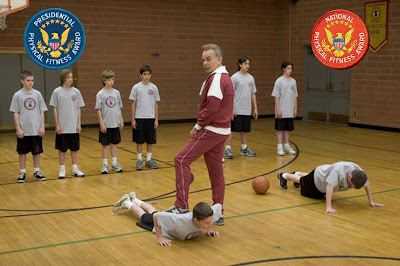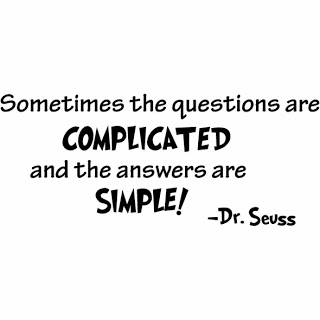The lime in the coconut is purely optional.
 Before I even start explaining what I’ve done here, I want to make it absolutely clear that this analysis is fairly casual, and that by no means have I followed a text-book rigourous protocol to do it because if I HAD done that, you wouldn’t be reading this for another year while it waited in the publication queue of some nutrition journal. However, I will say that even with that disclaimer, I’ve probably been a bit more rigourous than a lot of crap I’ve read, so…well, there really isn’t anything more to say, is there?
Before I even start explaining what I’ve done here, I want to make it absolutely clear that this analysis is fairly casual, and that by no means have I followed a text-book rigourous protocol to do it because if I HAD done that, you wouldn’t be reading this for another year while it waited in the publication queue of some nutrition journal. However, I will say that even with that disclaimer, I’ve probably been a bit more rigourous than a lot of crap I’ve read, so…well, there really isn’t anything more to say, is there?
Back in the early 2000’s there was a small surge of medium-chain-triglyercide (MCT) research that petered out around 2003ish. While there were a fair number of human trials looking at MCT’s and lipid profiles, there were also a handful of trials that also examined the effect of MCTs on body composition, specifically fat loss. And while MCTs are used in some supplements and meal-replacement shakes, there hasn’t been a widespread adoption of MCTs like there was when olive oil got really big (also in the early 2000’s), and I have to say that it’s not entirely clear as to why. Part of the reason might have been the sparseness of human trials involving MCTs compared to those looking at olive oil. Since 2009, however, there appears to be another blip of human trials looking at MCTs, and specifically at coconut oil, or mixes that involve a fair amount of coconut oil. Read More...
If you haven’t had a heart attack, you may now unknot your panties.

Last week, the almighty JAMA published the latest meta-analysis on fish-oil supplementation and secondary prevention of cardiac and stroke events. It’s all the buzz right now, so why shouldn’t I throw in on it?
This hoopla is not unlike the outbreak of “correlation not causation” crap that came out of the Red Meat Will Kill you affair. I wrote about it here. And here. It was much ado about nothing. However, very much like that time, a lot of people have their panties in a knot about this one (mostly proponents of fish oils, mind you). Read More...
Bias doesn’t always work against you (or why gym class might not be all it’s cracked up to be)

This blog entry’s study comes from my friend Brad Pilon, who said, and-I-quote, “I wanna get you back to dissecting papers on your blog,” which jolted me into realizing I haven’t in a long time.
One idea that Brad and I have been talking about (apart from trying to stick to manipulating factors that make LARGE contributions to progress) has been the notion that diet and exercise, though both important for “health” and “fitness”, may have little contributions towards their counterpart body components. Diet seems to have the greatest impact on body fat, while exercise (and more specifically, resistance exercise) seems to have a greater impact on lean body mass. While one CAN use exercise to assist in losing body fat, I think there is probably some truth in the saying, “You can’t out-train a bad diet,” and similarly, I would argue that at most levels, you probably can’t eat yourself more muscles, otherwise, there would an epidemic of Ah-nolds in America, not obese people. Read More...
Everything I needed to know as a physician about weight loss, I learned before grad school.

When confronted with a controversial topic online, I don’t like to write gut-reaction blog posts. I’ve been digesting this one for a while (perhaps too long as the hype seems to have settled considerably and the wave has all but passed). My perspective on weight-loss, fitness and medicine is somewhat unique. Regardless of whether it’s considered reconstructive or “cosmetic”, patient come to see me not only for functional problems, but aesthetic ones as well. In my world, the distinction between form and function is not a sharp line. Every “reconstructive” surgery is an aesthetic one, or at least, has an aesthetic component. While I don’t necessarily get a lot of questions about diet and heart disease, you can bet that if it has to do with fat loss or appearance and diet/activity, I’ve gotten the question in some shape or form.
So when posed with the question, “How much should a physician know about nutrition and fitness?” I can’t help but retort with the question, “How much does anyone really know about nutrition and fitness?” and the more controversial, “How much of the _additional_ information that the purported nutrition and diet ‘experts’ know is really necessary?” Read More...